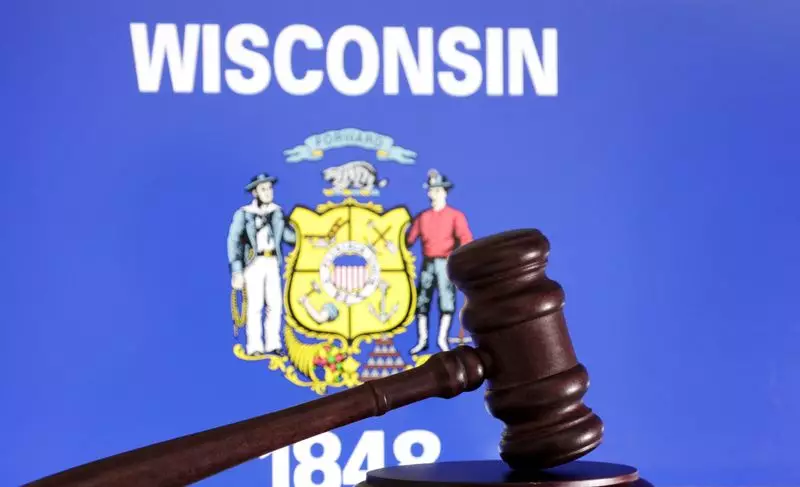In a landmark decision reflecting broader intersections of religion and law, the U.S. Supreme Court has chosen to hear a significant case related to the unemployment insurance tax in Wisconsin. This case centers around the Catholic Charities Bureau, an entity of the Catholic diocese in Superior, Wisconsin, which is seeking a religious exemption from paying into the state’s unemployment insurance program. The implications of this case stretch beyond mere taxation, raising essential questions about the First Amendment’s religious protections and the state’s role in regulating religious organizations.
Historical Context of Unemployment Insurance in Wisconsin
Wisconsin holds a pivotal role in unemployment compensation history, as it introduced the first state unemployment compensation law in 1932 during the economic turmoil of the Great Depression. This legislation laid the groundwork for a model subsequently adopted by other states, transforming how the U.S. approaches unemployment aid. Following this, Congress developed a comprehensive federal-state cooperative program, leading to similar laws in 47 states. However, Wisconsin distinguishes itself by allowing certain religious institutions, primarily those serving religious purposes, to opt out of contributing to the unemployment insurance tax—an exception rooted in its commitment to religious freedom.
The Catholic Charities Bureau has long asserted its role as a beacon of social services since its inception in 1917. The organization claims to provide essential services aimed at vulnerable populations, including the poor, disabled, elderly, and children with special needs. These services, as articulated by the Bureau, are manifestations of the Catholic Church’s social ministry endeavors. However, the Wisconsin Supreme Court found the Bureau’s activities predominantly charitable and secular, claiming that these efforts do not prominently reflect a religious character—participants are not required to adopt Catholic beliefs to access services.
The Bureau’s 2016 request for exemption arose following a favorable ruling for one of its subsidiaries in a related case, prompting the organization to assert its religious eligibility under the state’s laws. However, after the Wisconsin Supreme Court ruled against the Bureau in March 2024, the organization appealed to the U.S. Supreme Court, emphasizing the ruling’s discriminatory nature against certain faiths. Central to their argument was the assertion that the state court’s high evidentiary standard infringes upon First Amendment rights—a crucial point that could redefine the legal landscape regarding religious exemptions nationwide.
The Supreme Court’s decision to hear this case underscores significant implications not only for Wisconsin but potentially for various states facing similar questions of religious freedom and taxation. If the justices favor Catholic Charities, it could compel Wisconsin and other states to revise their exemption laws, substantially broadening the scope of who qualifies for tax relief under the premise of religious practice. This case thereby acts as a crucial litmus test for the balance of state law and constitutional religious liberty.
As debates surrounding religious liberties intensify, this case serves as a reminder of the ongoing tension between governmental oversight and religious autonomy. The potential outcomes could inspire further legal challenges by religious entities seeking favorable conditions while operating within secular frameworks. Moreover, the intertwining of taxation issues with constitutional rights will likely prompt a reevaluation of how various institutions interpret and enforce laws concerning religious operations and exemptions.
As the Supreme Court gears up to hear arguments in this crucial case, stakeholders on all sides will be watching closely, aware that the ruling could have profound consequences. The struggle between taxation obligations and the First Amendment reflects the complexities inherent in a society striving to maintain both religious freedom and legal integrity. Ultimately, this case is not just about unemployment taxes; rather, it is emblematic of a broader discourse on how religious entities operate within a governance framework, balancing faith-based missions against secular demands in today’s nuanced social landscape.

